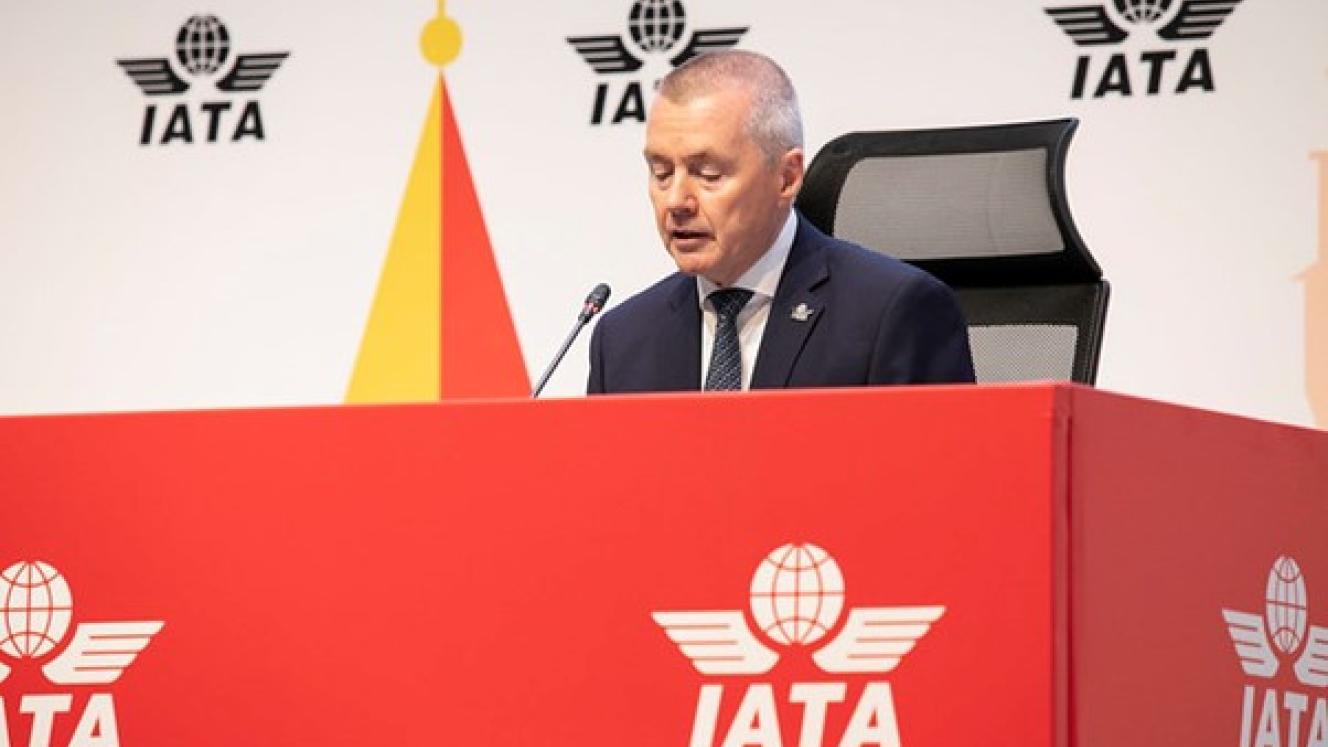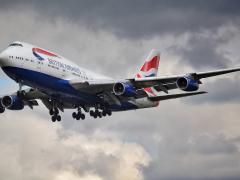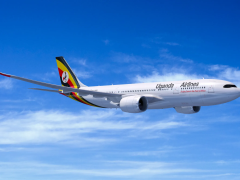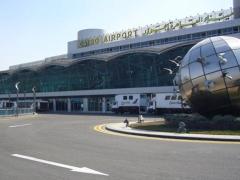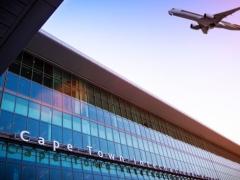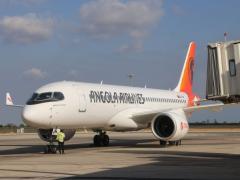Iata reports that air traffic across the globe continued strongly in April.
Total traffic in April (measured in revenue passenger kilometres or RPKs) rose 45,8% compared with April 2022. Globally, traffic is now at 90,5% of pre-COVID levels.
Domestic traffic globally for April rose 42,6% compared with April 2022 and has now fully recovered, posting a 2,9% increase over the April 2019 results.
International traffic climbed 48% from April 2022’s figure, and all markets recorded healthy growth, with carriers in the Asia-Pacific region continuing to lead the recovery. International RPKs reached 83,6% of April 2019 levels.
“The easing of inflation and rising consumer confidence in most Organisation for Economic Co-operation and Development (OECD) countries, combined with declining jet fuel prices, suggests sustained strong air travel demand and moderating cost pressures,” said Willie Walsh, Iata Director General.
African airlines’ traffic rose 53,5% in April 2023 compared with April a year ago, the second highest among the regions. April capacity was up 50% and load factor climbed 1,6 percentage points to 69,8%, lowest among the regions.
In his commentary of the results, the ever-controversial Walsh said the focus on EU-style passenger rights regulation was spreading like a contagion.
“Proponents of this approach miss a key fact. EU 261 (the legislation that deals with passengers’ rights regarding delays, flight cancellations and denied boarding due to overbookings) has not led to a reduction in delays. That’s because penalising airlines raises airline costs but does not address delays caused by factors over which airlines have no control, such as inefficient air traffic management or staffing shortages at air navigation service providers. The single best thing that Europe could do to improve the travel experience is deliver the Single European Sky. As for other governments contemplating passenger rights regulations, avoiding a repeat of Europe’s mistake would be a helpful starting point.”
